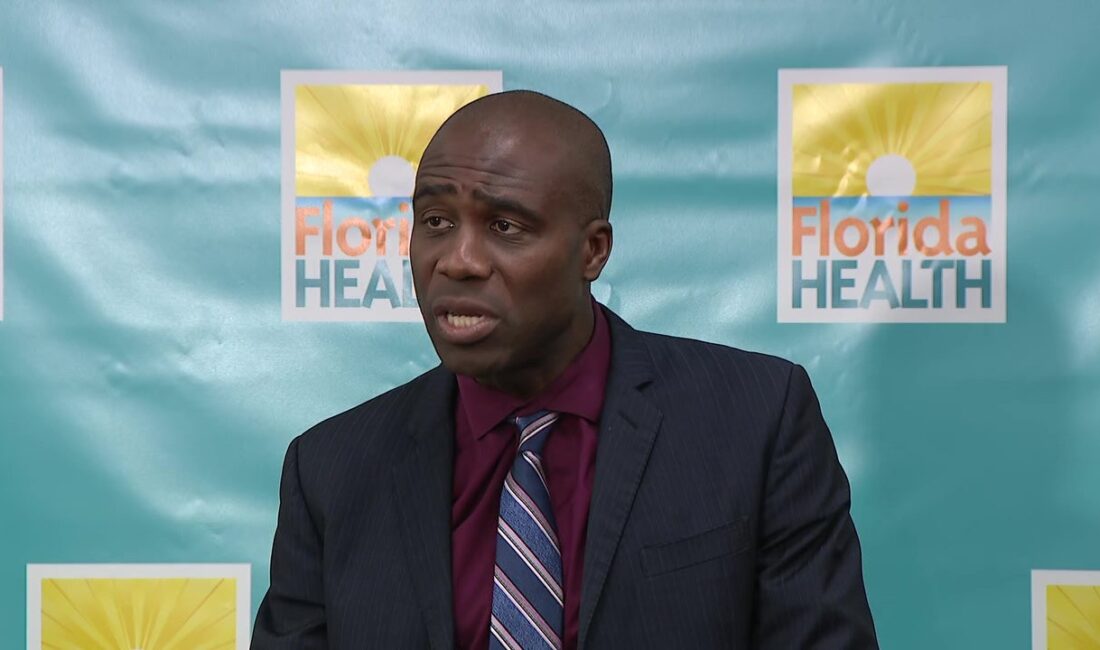Florida Surgeon General Criticizes COVID-19 Vaccines for Healthy Children
Surgeon General’s Remarks
TAMPA, Fla. – On July 17, 2025, Florida Surgeon General Dr. Joseph Ladapo held a news conference in Tampa, where he reinforced his controversial stance against the COVID-19 mRNA vaccines for healthy children. Ladapo’s comments came shortly after updated federal recommendations deemed these vaccines unnecessary for this demographic.
Context of the Discussion
In May, U.S. Health Secretary Robert F. Kennedy Jr. announced that the COVID-19 vaccines were no longer recommended for healthy children and pregnant women. This shift in guidelines aligns with Dr. Ladapo’s ongoing critique of vaccines, which he began substantiating during his tenure starting in 2021. He previously called for a halt to mRNA vaccines in January 2024, expressing concerns about their safety and efficacy.
Key Points on Vaccine Safety
During the news conference, Ladapo reiterated his skepticism regarding the mRNA COVID-19 vaccines, asserting that they have led to adverse reactions and health complications.
"These products should not be used in any human beings," Ladapo stated emphatically. He further expressed misgivings about attempts to use mRNA vaccines in animals, suggesting that consumers would also want to avoid such meat.
Ladapo contended that his perspective has garnered increasing public support, claiming that "more and more people have really moved from the position of buying the things that we hear from the federal government into agreeing, whether explicitly or implicitly, with what we’ve said in Florida."
Opposition to Ladapo’s Stance
Despite the Surgeon General’s assertions, proponents of vaccination argue that vaccines are essential life-saving tools. They label claims implying that vaccines cause conditions like autism as scientifically unfounded.
A recent study published in the Annals of Internal Medicine found no correlation between aluminum exposure from vaccines and the risk of various chronic disorders, including autoimmune diseases, allergies, and neurodevelopmental disorders.
Conclusion
As the debate over COVID-19 vaccines continues, Dr. Ladapo’s remarks have ignited further discussions on vaccine safety and public health policy. The controversy surrounding his views reflects a broader national discourse on vaccine efficacy, safety, and governmental guidance.
In summary, Dr. Ladapo’s significant influence in Florida regarding vaccine policy reflects a growing divide in public health perspectives. While his stance has attracted some supporters, it remains contentious, with scientific evidence backing the importance of vaccination as a protective measure against diseases. This complex issue warrants ongoing dialogue as it evolves, highlighting the critical role of transparent communication in public health.


